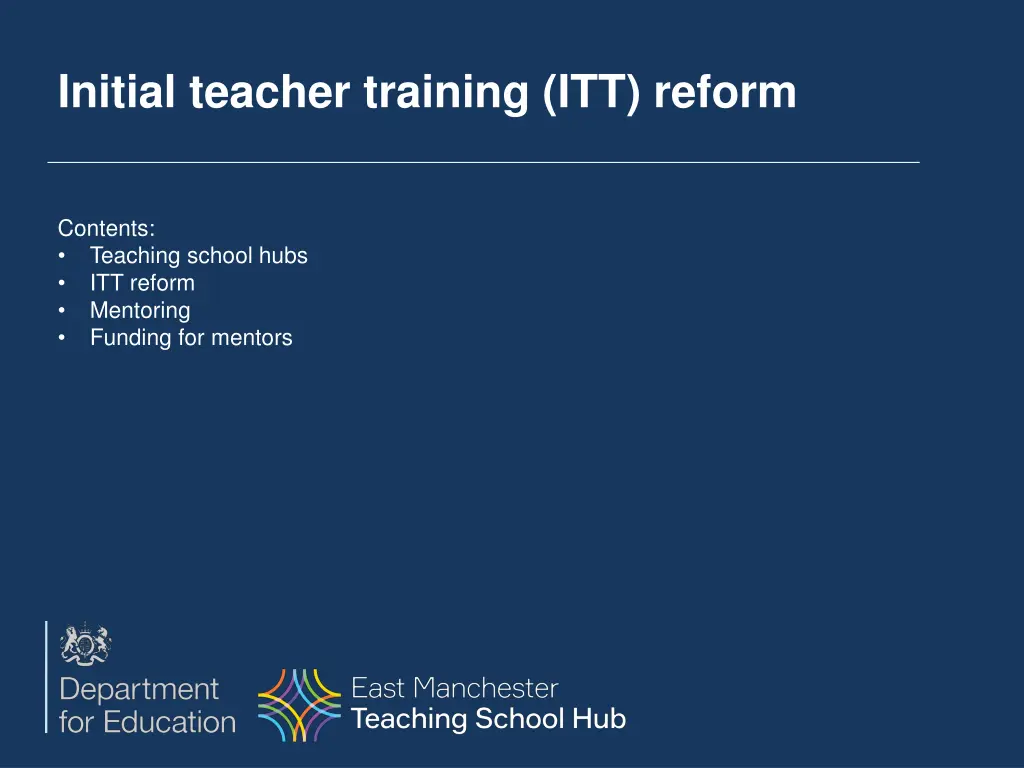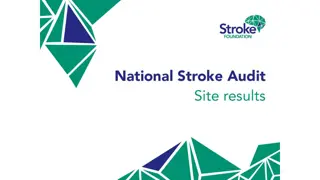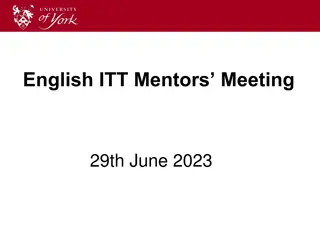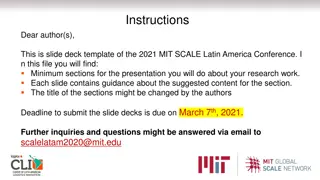
Revolutionizing Initial Teacher Training: Key Reforms and Requirements
Explore the comprehensive Initial Teacher Training (ITT) reforms including the role of Teaching School Hubs, mentoring, funding for mentors, and the significance of the ITT reform for schools. Discover the strengths and benefits of engaging in ITT, upcoming quality requirements for all ITT courses from 2024, and the essential mentor requirements for trainees. Stay informed on how these reforms aim to ensure high-quality training and support in the ITT market for the benefit of all schools.
Uploaded on | 0 Views
Download Presentation

Please find below an Image/Link to download the presentation.
The content on the website is provided AS IS for your information and personal use only. It may not be sold, licensed, or shared on other websites without obtaining consent from the author. If you encounter any issues during the download, it is possible that the publisher has removed the file from their server.
You are allowed to download the files provided on this website for personal or commercial use, subject to the condition that they are used lawfully. All files are the property of their respective owners.
The content on the website is provided AS IS for your information and personal use only. It may not be sold, licensed, or shared on other websites without obtaining consent from the author.
E N D
Presentation Transcript
Initial teacher training (ITT) reform Contents: Teaching school hubs ITT reform Mentoring Funding for mentors
Role of Teaching School Hubs (TSHs) National Professional Qualifications Initial Teacher Training Early Career Framework All courses have a mandatory framework which sets out a minimum entitlement All ECTs are entitled to 2 years of support and training based on the ECF A suite of training programmes is available for teachers and leaders at all levels The golden thread is ensuring that schools get the well-trained teachers that they need to ensure high quality teaching in schools. All TSHs are delivering new strategic roles to support local ITT delivery across their area. We will work with schools and accredited ITT providers to understand the local market, context and challenges. We will offer information and support to schools wishing to engage in ITT for the first time or increase their engagement in ITT. 2
There are many strengths of engaging in ITT Opportunities to support recruitment though working with trainee teachers. Professional development for mentors and career pathways to support retention Access to the latest research, practice and innovation on teaching. Access to support from ITT Providers to support recruitment.
ITT reform Through an expert advisory group and consultation, the Department for Education (DfE) conducted a review of ITT with the aim to make well informed, evidence-based recommendations on how to make sure: All trainees receive high-quality training in the ITT market The ITT market maintains the capacity to deliver enough trainees and is accessible to candidates The ITT system benefits all schools 4
What does the ITT reform mean for schools? From September 2024 there will be new quality requirements for all ITT courses. These include: Mentoring minimum of 1.5 hours of mentor time per week for trainees and new mentor training requirements Intensive Training and Practice (ITAP) is a new element which must be part of all ITT courses ITT criteria and supporting advice for 2024/25
Mentor requirements Every trainee must receive 1.5 hours per week of mentoring support. All mentors must have 20 hours of initial mentor training supported by funding (followed by 6 hours of refresher training in future years). The accredited ITT provider will provide training to help mentors understand: what is involved in the mentor role and the skills they need the ITT core content framework and its underpinning evidence the ITT curriculum which the trainee will be following. 6
Benefits of mentoring Mentor School Enhanced professional learning School access to the latest evidence base of what works in teaching, that can be embedded into wider school teaching practice Enhanced knowledge and understanding of the latest evidence Opportunities for further CPD and career development Recruitment and retention Prior learning: ITT providers will take into consideration any prior learning that mentors might have completed, including as an ECF mentor, to avoid unnecessary repetition of training. 7
Available funding to support mentoring The DfE has made additional funding available to schools for mentoring. Further detail can be found in the ITT reform funding guidance. This funding will help with the cost of teachers being away from the classroom while they train. For example: Paying for someone to take over lessons while a teacher is training Paying for someone to teach if a teacher takes time off in lieu to train Overtime payment to the teacher, if they are training outside of normal working hours (teacher workload should be carefully considered in such cases) Paying for any costs that come from reducing a teacher s other responsibilities, so they have time to train This funding can be accessed by schools that have mentors working with trainees on placement (who started their training between 1st Sept 2024, and 31st May 2025). 8
How to claim funding Potential funding: Schools can claim up to 876 ( 43.80/hour) payments will be paid in arrears based on the number of hours of training. How to claim: Schools will be able to claim this funding at the end of the 2024/25 academic year and will be paid in arrears between September 2025 and January 2026. When schools make a claim, DfE may ask for evidence of mentor employment and placement arrangements. More information on how to apply will be available for schools from Spring 2024. For further information on ITT Reform funding, please refer to the published guidance. For specific information about the amount of funding available to schools, please see page 16. 9






















